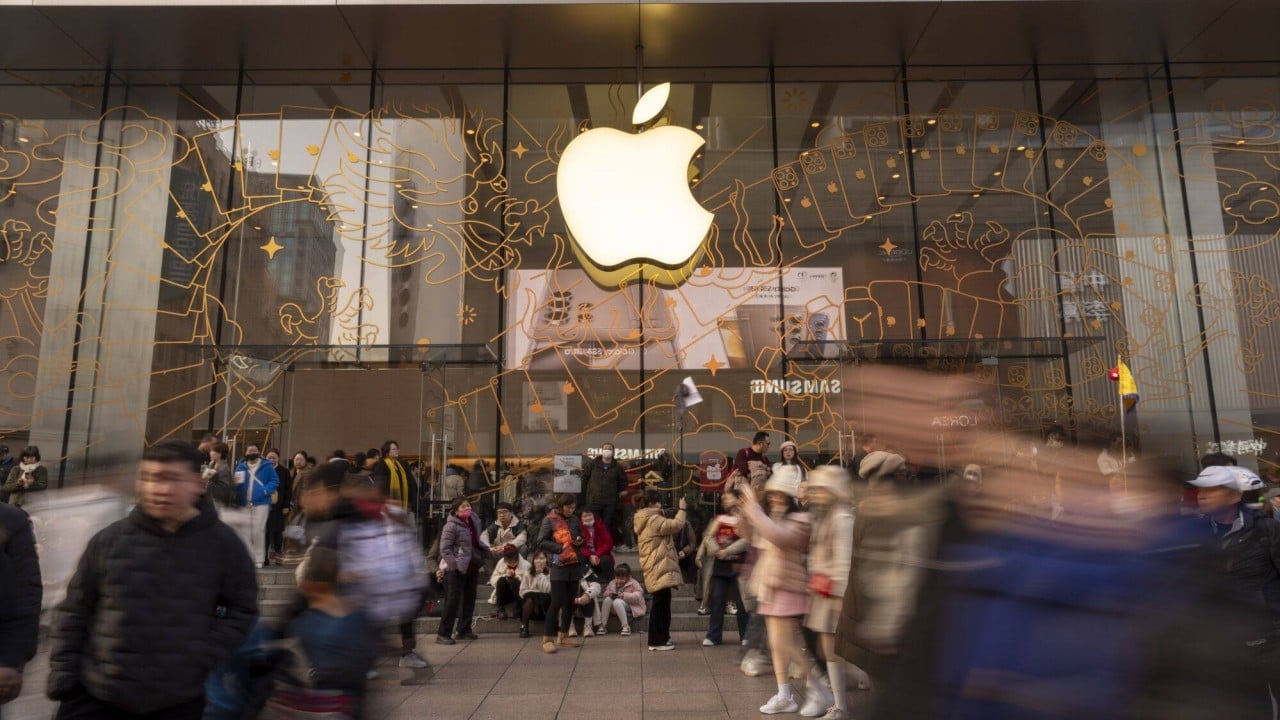China’s State Council has relaxed restrictions on foreign participation in the service sector for six Chinese cities – including regional powerhouses Guangzhou and Hangzhou – in a pilot programme keeping with Beijing’s wider efforts to appeal to overseas capital, stimulate economic activity and boost growth.
A statement, issued on Thursday by the national cabinet, said the government will adjust certain rules related to the management and entry of foreign entities into designated non-profit organisations, travel agencies and entertainment. The other cities included in the plan – all capitals of their respective provinces – are Shenyang, Nanjing, Chengdu and Wuhan.
Beijing has ramped up its efforts to entice foreign investment in recent months, with local governments introducing a number of incentives to induce inflows from overseas. Official figures from the Ministry of Commerce show the country’s foreign direct investment dropped 28.2 per cent in the first five months of 2024 to US$57.94 billion.
“This is a welcome step in the right direction of opening up services to foreign investment, [but] they are piecemeal measures,” said Wang Zichen, a research fellow at the Beijing-based Centre for China and Globalisation think tank.
“China could use more ambition in this regard, as services have proved to be the biggest job creators compared to the much-vaunted manufacturing.”
The country’s gross domestic product data for the second quarter is expected to be released next Monday, coinciding with the start of the third plenum of the Communist Party’s Central Committee. The long-awaited conclave will reveal the priorities of China’s leadership, and their outlook on overall economic development for the coming years.
Any unproven concern … must be overridden by economic development as the No 1 priority
Peng Peng, executive chairman of the Guangzhou-based think tank the Guangdong Society of Reform, added that growth in the service sector can increase consumption and the relaxation on rules around entertainment should be attractive to investors based in Hong Kong.
According to the council’s statement, adjustments to rules on setting up entertainment venues and the management of performances will be made in Nanjing, Hangzhou, Wuhan, Guangzhou and Chengdu – with northeastern metropolis Shenyang not included.
“Any unproven concern, for example over controversial shows or performances that could create problems in China, must be overridden by economic development as the No 1 priority,” Wang said.
Other industries included in the easing of restrictions included non-profit medical and elder care institutions, travel, telecommunications and social surveys. Most still maintain some statutory limitations – for instance, the adjusted rules on social surveys mandate a minimum shareholding ratio of 67 per cent for Chinese nationals.
“Among the sectors covered are …[what] China and its consumers desire but are in short supply,” Wang said. “They are also where foreign investors’ interest and China’s talent and experience converge, creating potential for a win-win-win [scenario].”
Peng said the way specific business behaviours change will depend on the actual policies, but competition between these pilot cities could activate “hidden possibilities”.


